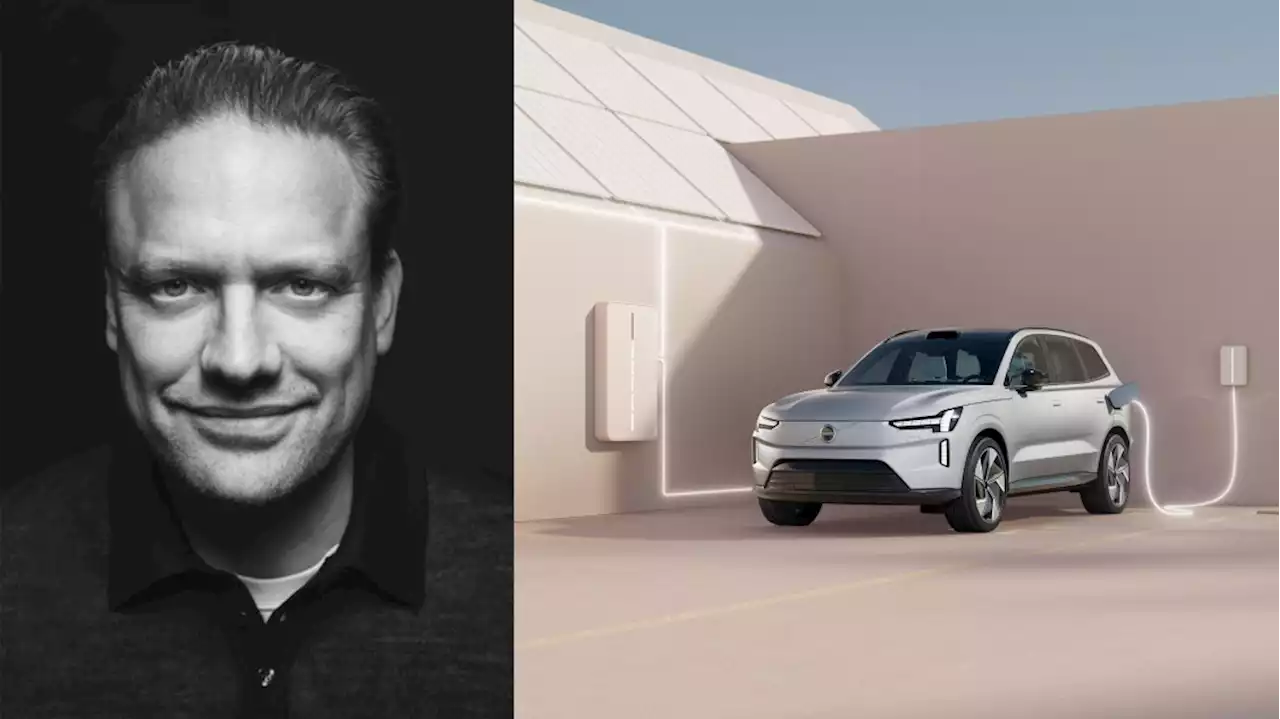New French law will require solar panels in parking lots
The plan could generate up to 11 gigawatts — the equivalent of 10 nuclear reactorsits obligations for the development of renewable energy, as it still relies primarily on nuclear power. Now, the French Senate has approved a bill that should increase that markedly, requiring parking lots with a minimum of 80 spaces to be covered by solar panels, according toParking lots with between 80-400 spaces will have five years starting in July 2023 to be in compliance.
On top of the solar parking lots, the government is looking at building large solar farms on vacant land next to highways, railroad tracks and agricultural areas. National railway operator SNCF also plans to installof solar panels by 2030, in an effort to reduce energy purchases by a quarter.
United States Latest News, United States Headlines
Similar News:You can also read news stories similar to this one that we have collected from other news sources.
 Mercedes-Benz Vision AVTR Concept First Drive Review: What's new for model year 2154 - AutoblogWe actually get to drive the super-futuristic Mercedes Vision AVTR concept car inspired by the movie 'Avatar.' It's unlike anything we've ever driven.
Mercedes-Benz Vision AVTR Concept First Drive Review: What's new for model year 2154 - AutoblogWe actually get to drive the super-futuristic Mercedes Vision AVTR concept car inspired by the movie 'Avatar.' It's unlike anything we've ever driven.
Read more »
 How Volvo is going greener, according to sustainability chief Henrik Green - AutoblogWe spoke with Volvo sustainability chief Henrik Green about the EX90 and how the brand will reach carbon neutrality by 2040.
How Volvo is going greener, according to sustainability chief Henrik Green - AutoblogWe spoke with Volvo sustainability chief Henrik Green about the EX90 and how the brand will reach carbon neutrality by 2040.
Read more »
 Tesla may start exporting China-made EVs to U.S. and Canada, sources say - AutoblogTesla is considering exporting made-in-China electric cars to the United States, two people with knowledge of the planning told Reuters. Here's why.
Tesla may start exporting China-made EVs to U.S. and Canada, sources say - AutoblogTesla is considering exporting made-in-China electric cars to the United States, two people with knowledge of the planning told Reuters. Here's why.
Read more »
 VW builds an electric office chair with a 12-mph top speed - AutoblogVolkswagen built an electric office chair with about seven miles of range, a 12-mph top speed, plus car-like features like a rear-view camera and a hitch.
VW builds an electric office chair with a 12-mph top speed - AutoblogVolkswagen built an electric office chair with about seven miles of range, a 12-mph top speed, plus car-like features like a rear-view camera and a hitch.
Read more »
 Carbon dioxide emissions rise globally and in U.S., but drop in China - AutoblogThe world’s burning of coal, oil and natural gas this year is putting 1% more heat-trapping carbon dioxide in the air than last year.
Carbon dioxide emissions rise globally and in U.S., but drop in China - AutoblogThe world’s burning of coal, oil and natural gas this year is putting 1% more heat-trapping carbon dioxide in the air than last year.
Read more »
